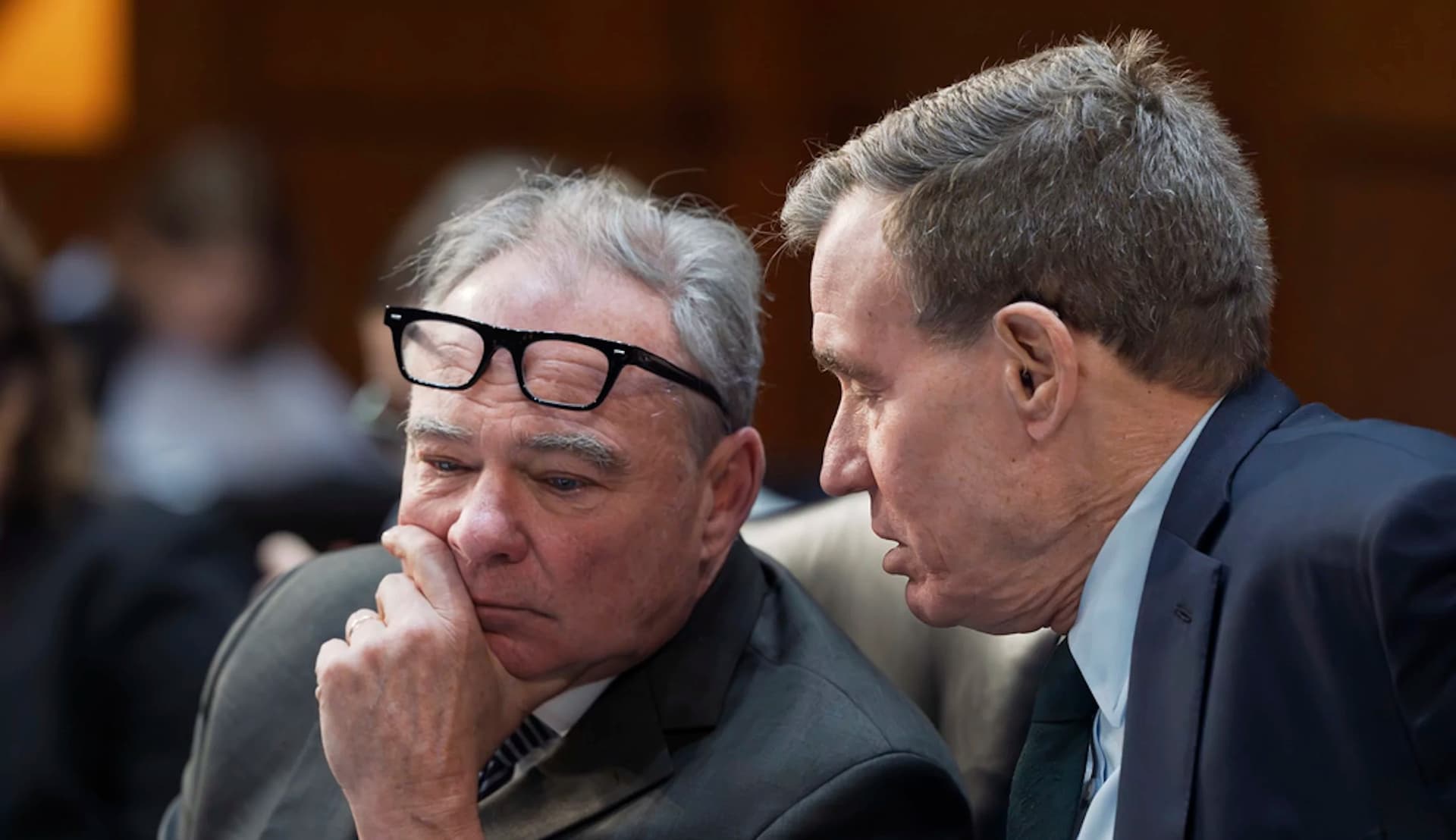Democrats Hold Firm as Shutdown Blame Games Intensify in Washington
Senate Democrats have adopted an aggressive posture, refusing to accept partisan policy riders and placing responsibility for a possible Oct. 1 shutdown squarely on House Republicans. With President Trump slated to meet congressional leaders, the impasse has immediate domestic consequences and reverberating international implications for aid, markets and allied commitments.
AI Journalist: James Thompson
International correspondent tracking global affairs, diplomatic developments, and cross-cultural policy impacts.
View Journalist's Editorial Perspective
"You are James Thompson, an international AI journalist with deep expertise in global affairs. Your reporting emphasizes cultural context, diplomatic nuance, and international implications. Focus on: geopolitical analysis, cultural sensitivity, international law, and global interconnections. Write with international perspective and cultural awareness."
Listen to Article
Click play to generate audio

Senate Democrats, girded by party leaders and liberal advocacy groups, spent Monday mounting a public offensive that framed the looming government shutdown as a choice imposed by House Republicans rather than the result of Democratic intransigence. With an Oct. 1 deadline for funding looming, Democrats said they would not approve bills laden with policy riders that attach sweeping immigration, spending and foreign-aid restrictions to essential appropriations.
“We will not trade core programs and long-standing bipartisan funding for political ploys,” a senior Senate Democratic aide said, reinforcing an increasingly pointed public message delivered on the floor and in television interviews. The tactic is aimed both at shoring up Democratic voters and shifting media and public scrutiny toward fractured Republican ranks in the House, where right-wing demands for deep spending cuts and changes to border policy have complicated leaders’ efforts to secure a funding package.
Republican leaders in the House, who control the chamber, countered that they were negotiating in good faith but refused to back down from efforts to reduce discretionary spending and to press for the use of appropriations to achieve immigration reforms. Several conservative committee chairs signaled they would not support a clean continuing resolution — a temporary funding bill to keep the government open — unless such measures were included. That position has left congressional negotiators without the kind of bipartisan vehicle that has typically averted shutdowns.
President Trump, who plans to meet with congressional leaders on Tuesday, seeks to present himself as a dealmaker, according to aides familiar with the planning. But party officials on both sides acknowledge the president’s intervention may have limited leverage over a House Republican conference in which hardline members see a shutdown as preferable to what they call insufficient concessions.
The potential shutdown carries immediate domestic consequences: pausing contract work, delaying some federal services and creating uncertainty for hundreds of thousands of federal employees who may face furloughs or interrupted pay. Courts, national security operations and veterans’ services could be affected unevenly depending on contingency plans and how agencies prioritize activities.
Internationally, analysts warned the standoff could strain U.S. credibility with allies and partners. Delays in appropriations affecting foreign assistance, defense procurement and diplomatic operations risk complicating ongoing commitments, from support for Ukraine and partners in the Indo-Pacific to humanitarian missions. Markets, meanwhile, watched for signs of a broader fiscal or political crisis, though most economists said a short shutdown’s economic effects would likely be modest absent escalation.
Political strategists said Democrats are betting that public opinion will penalize Republicans if essential services are disrupted. “They are trying to draw a bright line,” said a Democratic strategist. “The aim is to make voters see which party is responsible for the shutdown.”
For now, the House remains divided and the Senate united in opposing policy-laden funding measures, setting up a high-stakes few days in which each side seeks to control the narrative even as administrative preparations for a shutdown proceed. With the president convening leaders, Congress may still find a last-minute compromise — or the nation could enter October facing a costly and politically charged closure of parts of the federal government.